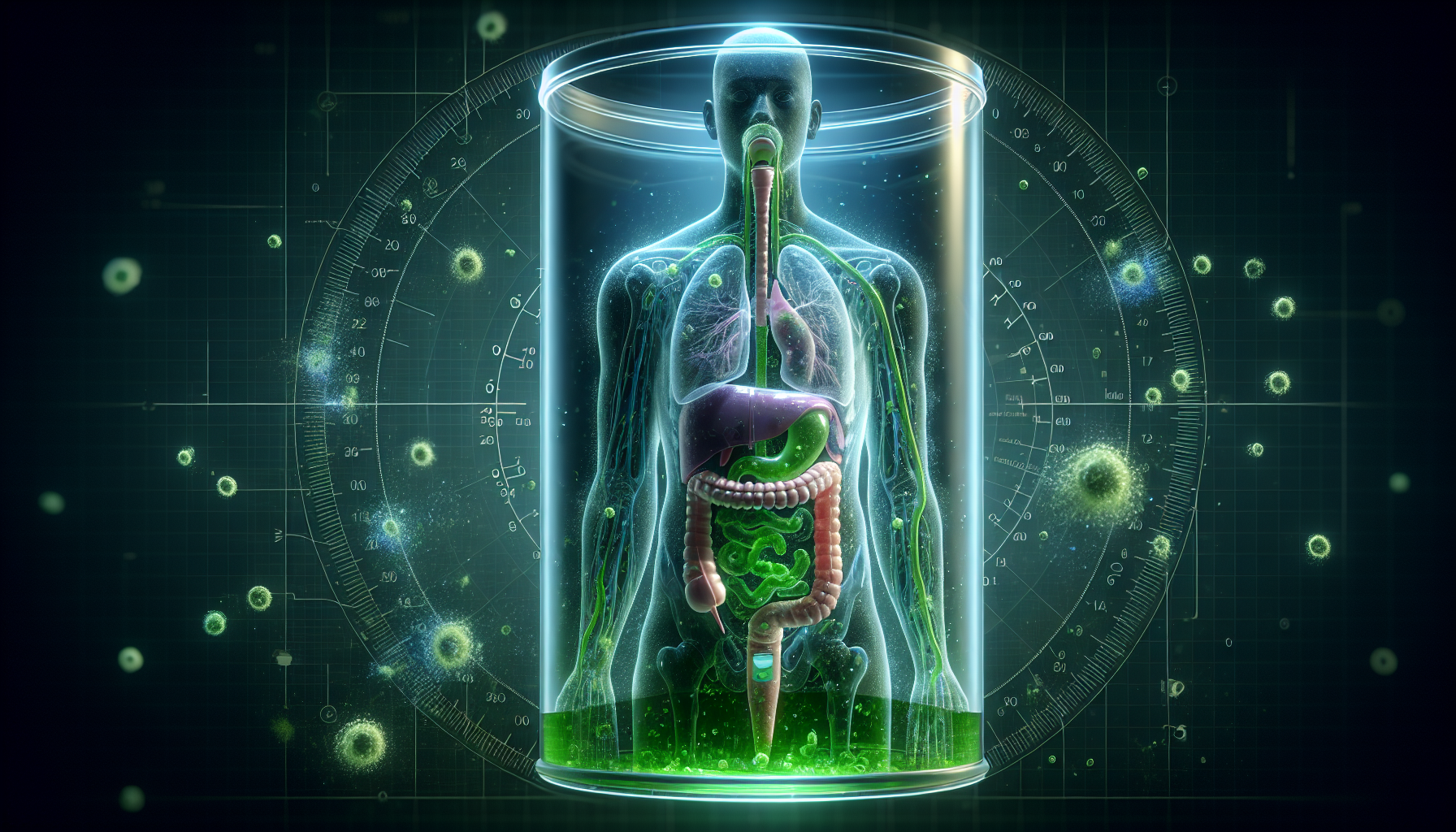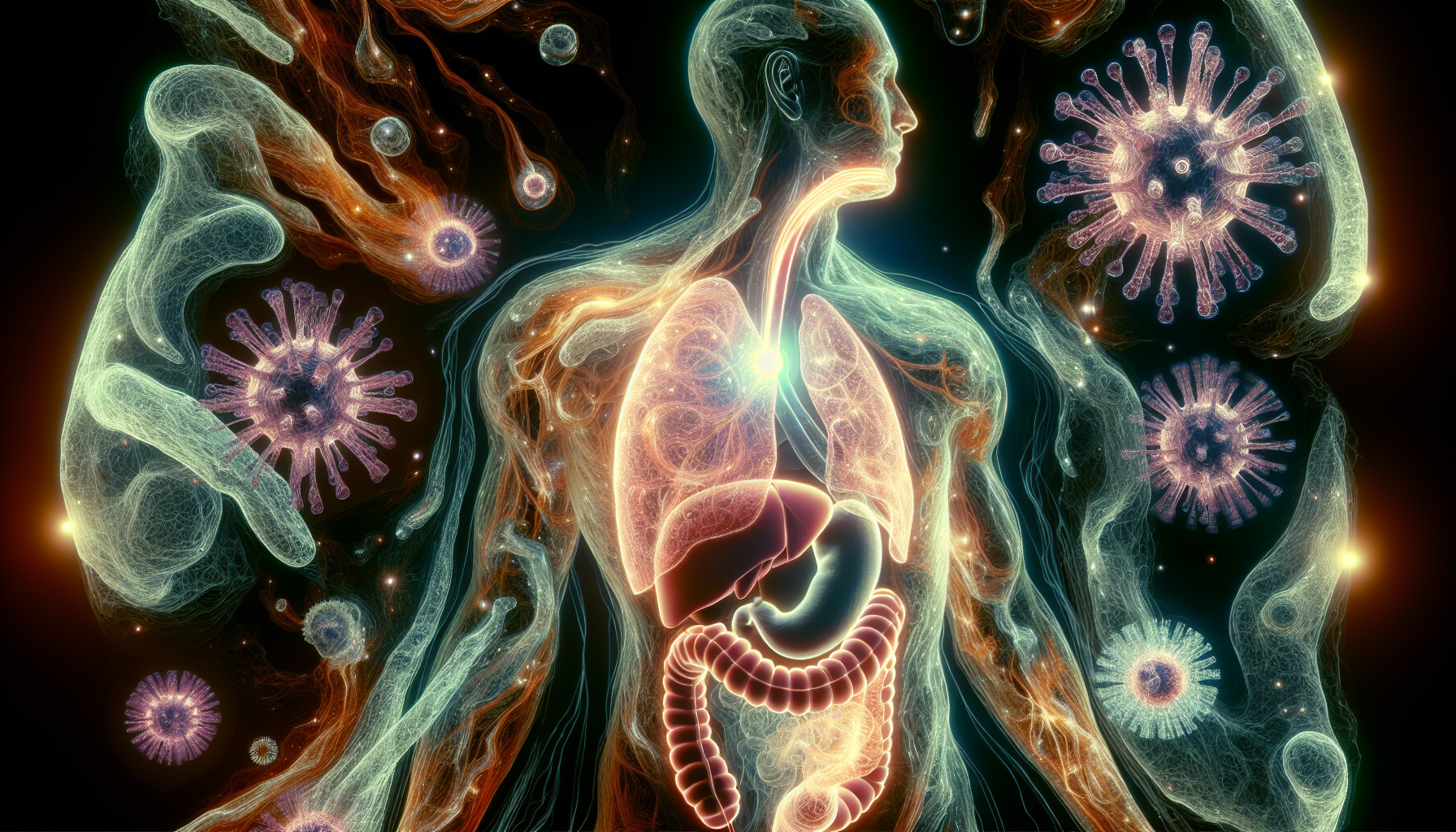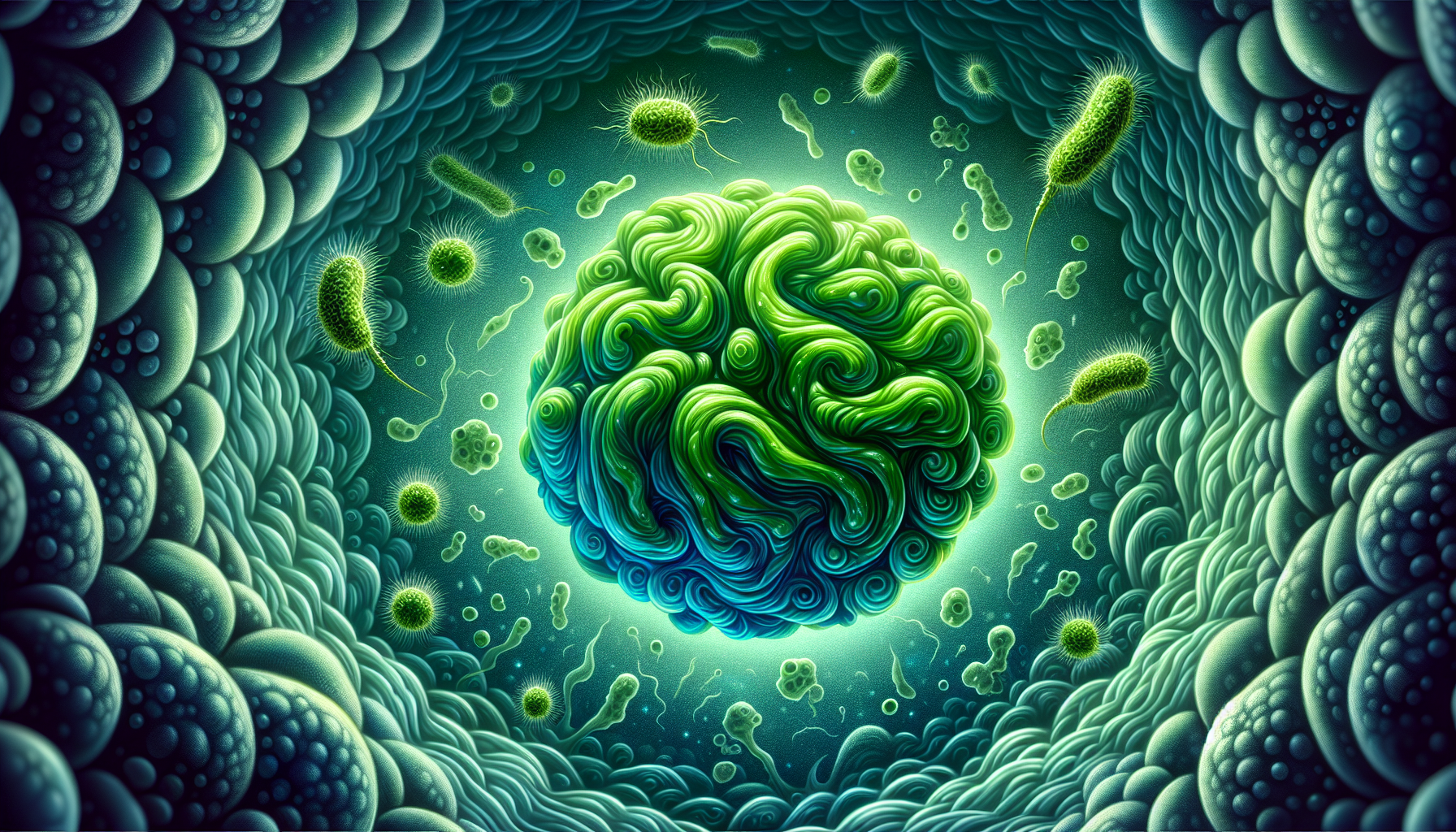Have you ever thought about the unglamorous but vital soldier functioning inside your body?
We're talking about mucus, which your body produces over a liter daily!
This underestimated guardian keeps us safe in various ways, and we're here to give you a peek into its surprising world.

Mucus is essentially a protective blanket, shielding our delicate tissues from foreign particles like dust, allergens, bacteria, and viruses.
It keeps areas like our nasal passages moist, particularly in the dry winter months, preventing them from drying out.
But its role extends further - mucus traps harmful microorganisms, preventing their invasion into our bodies.
Mucus serves crucial functions primarily in our respiratory system and our stomach.
In the lungs and nasal passages, it traps dust, bacteria, and allergens, stopping them from reaching the lungs.
Tiny hair-like structures called cilia move the layer of mucus towards the throat, where it's either coughed out or swallowed, removing potential pathogens.
In the stomach, mucus forms a shield against potent acids that break down our food.
Without mucus, the acid could damage the stomach lining, leading to painful ulcers.
It's important to note that mucus isn't just connected to health problems, it can also indicate them.

For example, a change in color or thickness of your mucus can hint at an infection or dehydration.
But an overproduction of mucus could also signify health issues, especially when its properties change or become too thick.
Surprisingly, mucus might also influence our microbiome, the multitude of bacteria living within us.
Without a balanced mucus production, these microbes could cause havoc in our bodies.
Mucus is truly our body's well-trained protective army, and next time you blow your nose, remember it's not just goo you're getting rid of, it's potential threats to your health you're expelling!
So, the next time you're in a health-related conversation, don't forget to give mucus its due recognition.
After all, this unsung hero ensures the smooth operation of our internal bodily systems every day.
But the question remains, what happens when mucus production goes awry?
Could an over or underproduction of mucus lead to health issues?
Consider this: how many processes within our bodies might seem insignificant upfront, but bear great importance in maintaining our health?
That's food for thought, isn't it?

